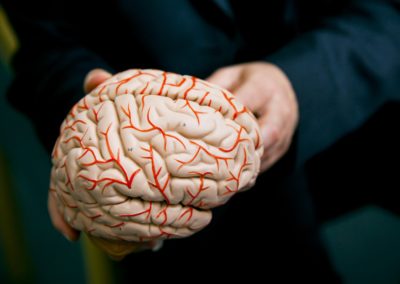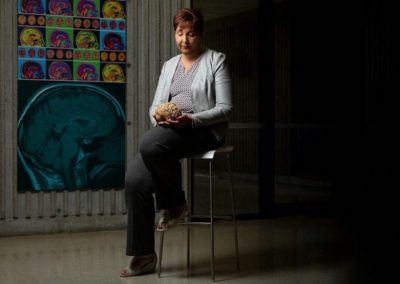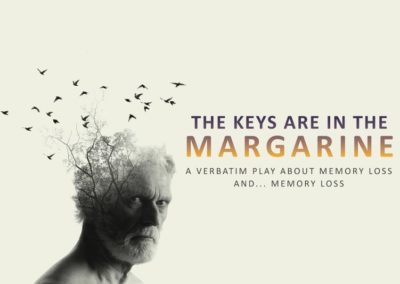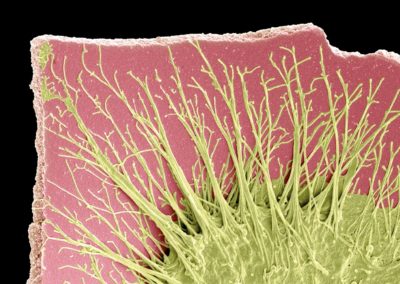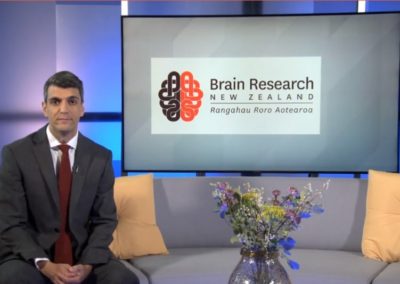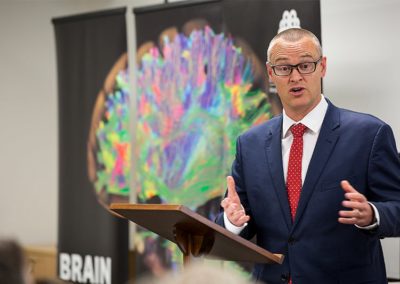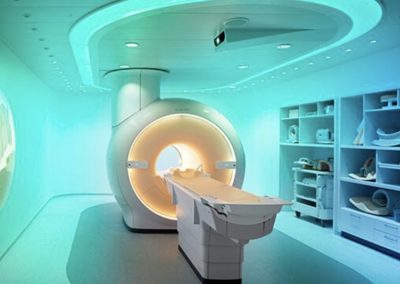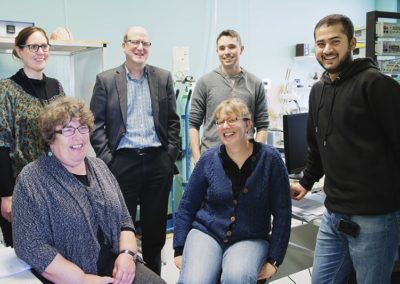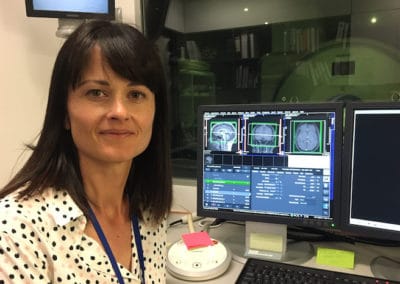
Alzheimer’s Disease
Alzheimer’s Disease (AD)
Alzheimer’s disease (AD) is the most common form of dementia. It is a degenerative brain disorder mostly found in older adults that progressively impairs memory, thinking and reasoning skills, and eventually a person’s ability to live independently. In New Zealand, it is estimated that AD affects about 10% of people over 65 years, and almost 25% of people over 85 years.
The symptoms of AD vary and often relate to the age at which the disease first occurs. People affected by AD before the age of 65 may experience early difficulties with spatial perception and disorientation. However, in the majority of people with AD, memory problems are one of the first symptoms to appear, usually in their mid-60s. Other common signals of early stage AD include visuospatial issues (e.g. getting lost in familiar places), impaired reasoning or judgement, and problems with word-finding (i.e. difficulty choosing or finding the right word to express a thought). As AD progresses, people can experience greater memory loss, changes in their personality and behaviour, and they can struggle to complete normal daily tasks.
While the precise causes of AD remain largely unknown, there is a genetic component in a very small percentage of cases that typically leads to early-onset AD, where disease occurs between a person’s 40s to mid-60s.
Late-onset AD, in which symptoms appear in the mid-60s or later, is thought to be caused by a combination of genetic, environmental and lifestyle factors. These factors trigger changes to the brain involving a build-up of amyloid-beta protein and tau protein that ultimately lead to brain cell death and tissue loss.
Currently, there is no cure for AD. Drug and non-drug treatments may help with both cognitive and behavioural symptoms, but these interventions do not prevent disease progression.



